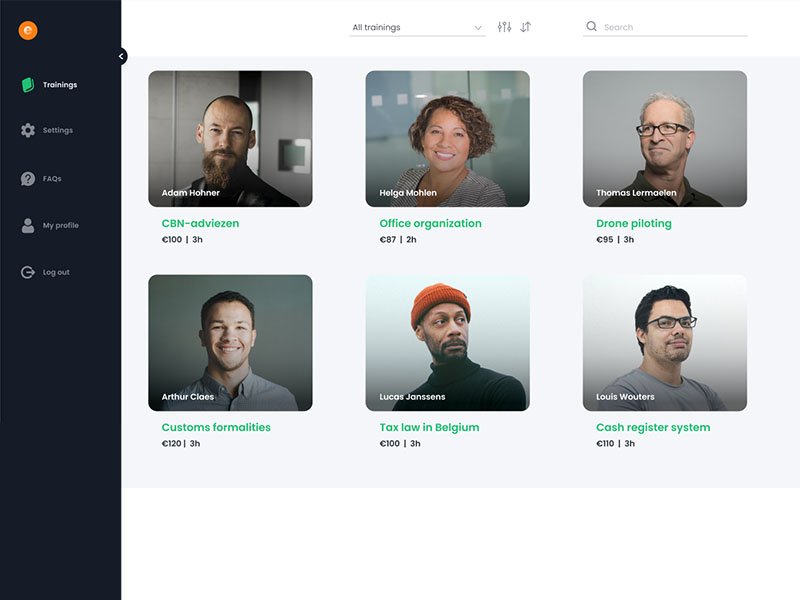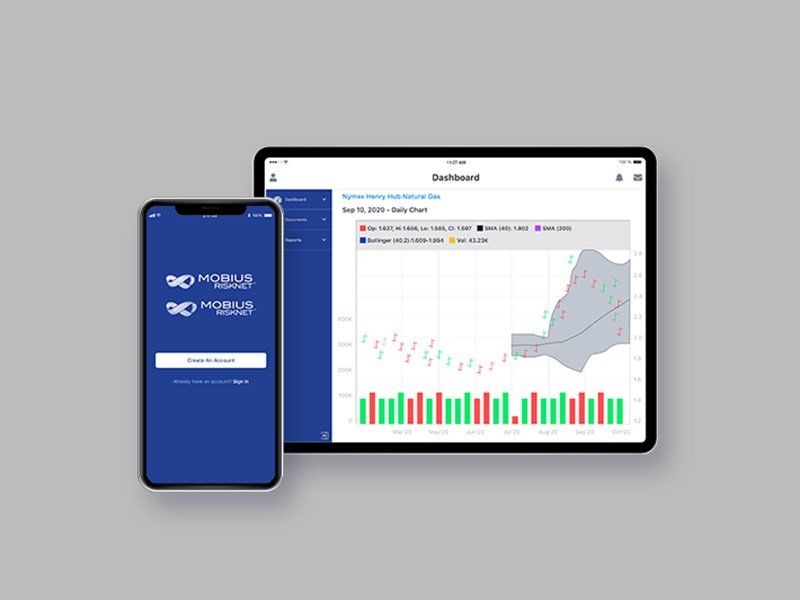
2 May, 2022
Importance of Artificial intelligence in healthcare.
COVID-19 has shed light on the most important gaps in global healthcare. It became obvious that innovations were required to make the industry more effective, and artificial intelligence (AI) could influence healthcare profoundly.
What is artificial intelligence in healthcare?
Hospital staff and physicians can obtain reliable data-driven CDS (Clinical Decision Support) through machine learning. In particular, artificial intelligence technologies can efficiently analyze health records and images, as well as clinical trial data. As a result, healthcare organizations can improve both diagnostics speed and quality, thus saving more lives.
How AI is changing healthcare
There are several benefits of AI in healthcare, including automating tasks, faster and more efficient diagnostics, and safer surgeries.
For instance, wearable healthcare technology that uses AI analyzes data and informs the user and the healthcare provider of potential health-related risks and issues. FitBit, one of the most notable names in the industry, has developed an advanced health watch Sense to track such metrics as oxygen saturation, skin temperature, stress level, high or low heart rate, breathing rate, sleep and awakening, snoring, complexion, and even menstrual health in the real-time mode. A customer gets the valid data right on the FitBit app installed on a smartphone and can share the data with a healthcare provider for further consultation or diagnosis.
The future of AI healthcare
We believe that artificial intelligence will have a huge role in the healthcare industry. The development of artificial intelligence solution companies for healthcare and AI integration into hospital systems will bring about dramatic changes in hospital patient health outcomes.
However, the biggest challenge of artificial intelligence in healthcare is not whether the apps will be useful and powerful enough to deliver accurate results but rather ensuring they are adopted in daily clinical practice. AI apps must be approved by regulations, taught to clinicians, and accepted by the population.
While we can expect palpable use of artificial intelligence in clinical practice within five years, it becomes obvious that AI systems can’t substitute human clinicians completely. On the contrary, they will only enhance and facilitate healthcare.















Leave a Reply